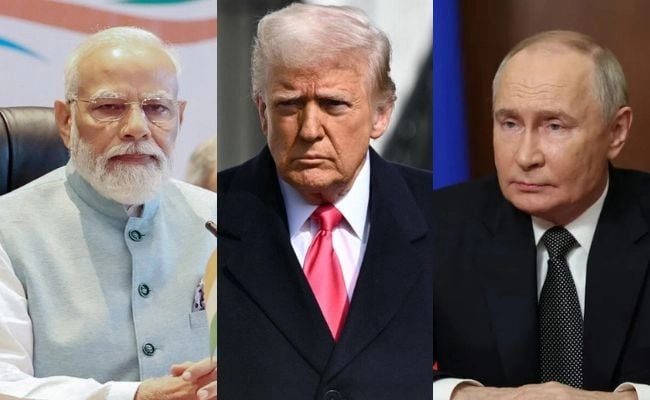In a recent statement, a Trump administration trade advisor highlighted the complex dynamics of India’s energy dependencies and its geopolitical stance concerning Russian oil. The advisor pointed out that while many countries have been scrutinizing their ties with Russia, particularly in light of the ongoing geopolitical tensions, India appears to be charting a different course. The term “Kremlin’s laundromat” suggests a perception that India is, in some ways, facilitating Russia’s economic interests while navigating the international landscape to maintain its own strategic autonomy.
India’s energy landscape has always been multifaceted, with the nation being one of the largest consumers of oil globally. However, as the world grapples with sanctions imposed on Russia due to its military actions, India has strategically positioned itself to secure energy supplies, including Russian oil, at competitive prices. This not only reflects India’s immediate energy needs but also underscores its broader foreign policy approach, which emphasizes non-alignment and pragmatic engagement with various global players, regardless of prevailing narratives or pressures.
The trade advisor’s comments also illuminate the broader implications of India’s energy choices. While some Western nations are increasingly isolating Russia economically, India’s willingness to engage can be seen as a calculated move to bolster its energy security. This approach allows India to leverage its position in negotiations, ensuring that it can meet its domestic demands while also maintaining cordial ties with Russia. Such a strategy showcases India’s intent to remain a significant player on the global stage, adeptly balancing its relationships and interests amidst a rapidly changing geopolitical landscape.
Furthermore, the characterization of India’s relationship with Russia as a “laundromat” indicates a critical viewpoint on the ethical dimensions of such engagements. Critics argue that by continuing to import Russian oil, India could inadvertently support the Kremlin’s financial backbone, thereby complicating its standing in the international community. This raises important questions about the moral responsibilities of nations when navigating complex geopolitical realities and their implications for global stability.
In conclusion, the trade advisor’s remarks encapsulate the intricate balance that India is attempting to maintain between its energy needs and its geopolitical positioning. As the nation continues to navigate these turbulent waters, its decisions will undoubtedly influence not only its own future but also the broader dynamics of international relations. India’s approach serves as a reminder of the challenges faced by countries in an interconnected world, where energy security, economic interests, and ethical considerations often collide.




